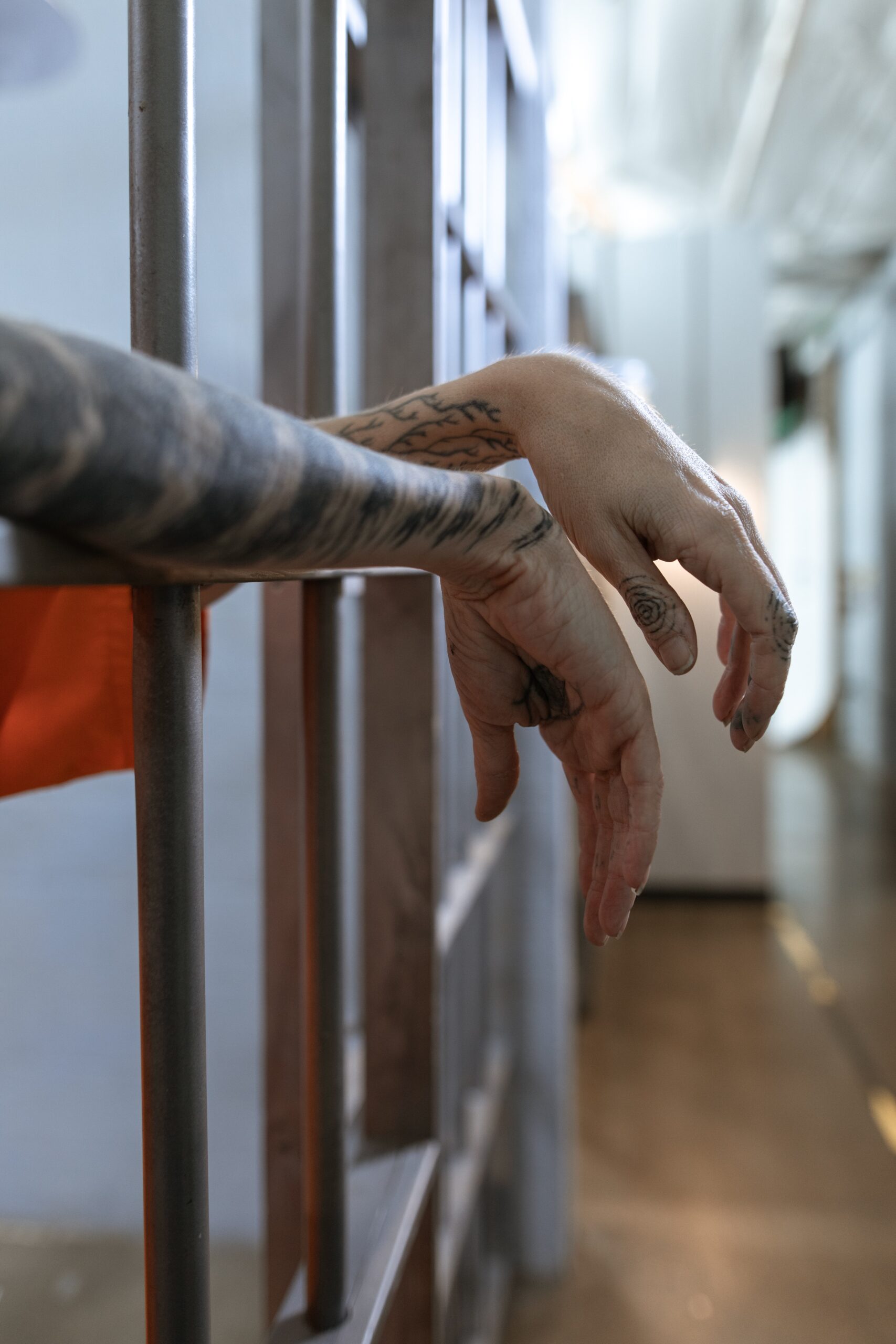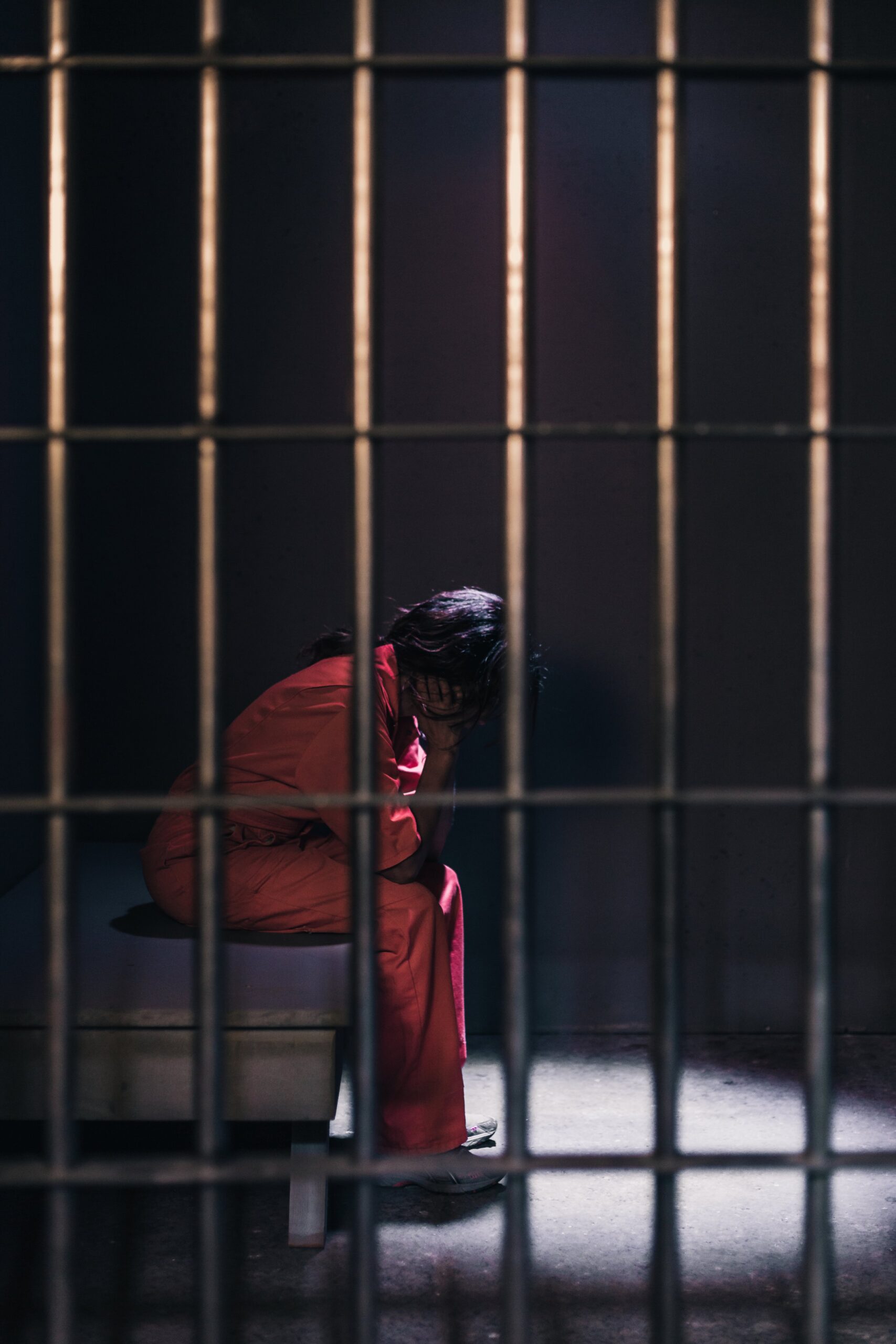Crisis Services (Erie County), along with the YWCA of the Niagara Frontier (Niagara County) and RESTORE Sexual Assault Services of Planned Parenthood of Central and Western New York (Monroe County) were awarded a Regional Sexual Violence Prevention Center grant from the New York State Department of Health. As the lead agency, Crisis Services works collaboratively with its partner agencies in the tri-county area, employing a public health approach to address and prevent sexual violence in our communities.
The Advocate Department believes that sexual and domestic violence prevention is possible and that we all have a role to play in making our community a safer and healthier place. Preventing violence before it occurs requires us to examine and address the underlying causes and social determinants behind these problematic behaviors.
Our Prevention Team uses a public health approach to comprehensively address the risk factors for, and promote protective factors against, domestic, family, and sexual violence. This includes implementing multiple strategies, including prevention education, community coalition building, policy reviews, and enhancing awareness and response mechanisms. The Prevention Team develops and implements prevention projects designed to create sustainable cultural and behavioral changes in schools, on campuses, within nightlife communities, and among high-risk/vulnerable populations, including youth aged 10-24 and their influential adults.
Our Prevention Education Specialists provide education and information on a wide variety of topics, ranging from basic introductory content to advanced skill-building sessions. We believe in providing accessible and meaningful content, which is why all of our presentations are tailored for age appropriateness, community needs, and desired learning outcomes.
Specific focal areas include the following:
- Youth Programming
- Campus and Community Education
- Advanced Training
- Policy Review and Consultation
- Social Norms Campaigns
- Sexual Violence Prevention



